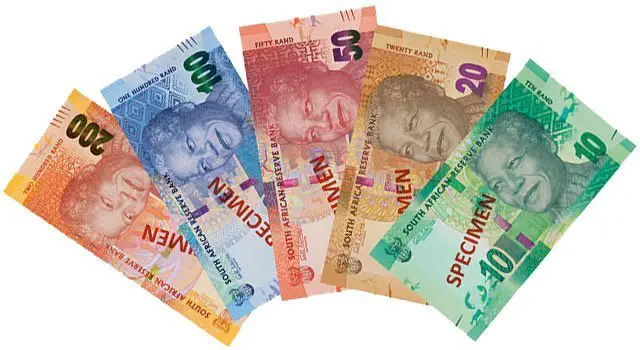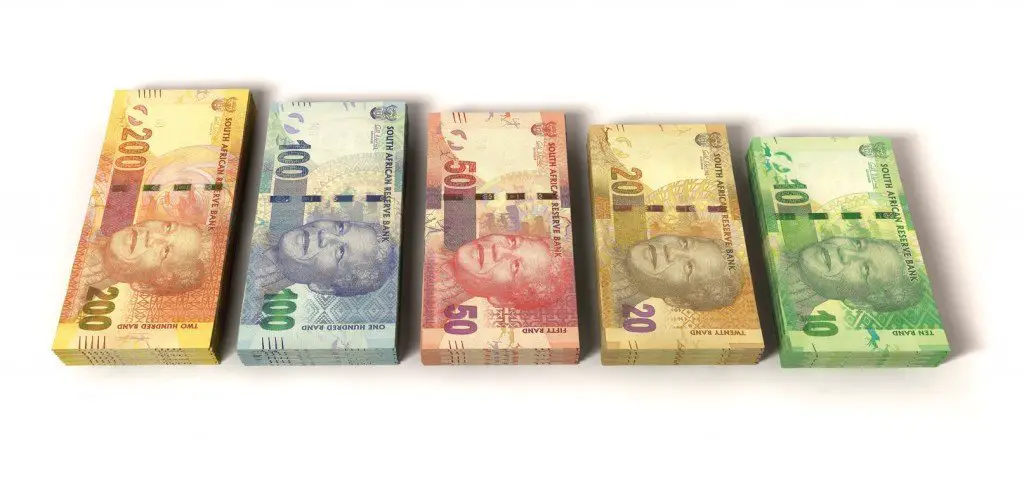Moving to another country is always both incredibly daunting and frightfully exhilarating. Preparing for life as an expat either in or away from South Africa comes with a whole load of considerations and many overlook the challenges and costs of living a life across currencies – especially when dealing with a currency as problematic as the rand. In this post we will take a look at ways to save money when sending and receiving from South Africa.
If you are reading this then I imagine you are about to start a new life in another country. Whether you are moving to South Africa (Welkom! Cape Town is awesome) or moving from South Africa (Totsiens! I hear the UK is wet…) you no doubt have a whole lot going on right now. Maybe you need to get your visas sorted, find somewhere to live, get a job lined up and then have a think about getting some vaccines.

You may also be busy selling off everything you own, or else packing everything you own into boxes and trying to work out how to get your prized earthly possessions to the far side of the world. But I can almost guarantee that one thing you have not thought about, is how complicated and expensive life can be when you are living in 2 different currency zones.
I’ll elaborate. Right now, if you live in South Africa you presumably have a South African bank account with a balance held in the ever volatile and far from world beating rand. On the other hand if you live outside of South Africa then your German, British or Swiss account is presumably held in dollars, rupees, yuan or one of the strong, stable currencies.
When you move to your new country, using your existing bank account is not going to be cost effective as you will be charged extortionate fees each and every single time you withdraw cash, buy a coffee or make a bank transfer. Even if you promptly open a bank account in your new host country and then transfer all of your hard earned rand/euros into it as soon as possible (*not recommended if your native currency is a strong one. In these cases, keep as much of it as possible), then yes, you will be charged a big hefty fee for that transfer. Not something that’s helpful for anyone saving for financial independence like myself.

And that won’t be the end of it. If you ever need to send money back to your family, pay an outstanding bill from your old life back home, or settle a tax bill from your old country then once again you are going to have to change currencies and transfer money internationally and will be charged a pretty premium by your bank.
Why Is This?!
Whenever you make an international transfer, your bank will levy a transaction fee and the recipient bank will do the same. These fees vary across banks and across the world but can range from a few dollars to tens of euros. In some cases, the banks even charge a commission based on the amounts being transferred which can be eye watering if you are transferring your life savings.
As well as charging the fee, the bank will also use whatever currency exchange rate they feel like applying and will always use one that favours them at your expense. This is particularly pertinent when dealing with a currency like the South African rand which sees a lot of fluctuations – even when the rand is doing well, the bank may still offer a poor rand to euro/dollar exchange rate.

In a nutshell, all of this means that things cost a lot more than they should whenever you make any kind of international transaction.
What Can Be Done?
Fortunately, you are not obligated to use your bank to make international money transfers or payments and there are a lot more cost effective ways to move money around the globe. One such method is using money transfer services.
Money transfer specialists, specialise in money transfers! They are dedicated to helping clients save money when changing currencies and making international transfers. They are pretty much guaranteed to undercut the banks and provide much better value.
The good news is that there are loads of companies out there offering premium currency services for international transfers and payments. But….
… there is a potential snag in the works. If you are migrating from South Africa, then even after you arrive and settle in your new country, quite a lot of the money transfer specialists will not be able to assist you as few of them are regulated to take on South African clients (how’s that for some financial discrimation?). Whilst this does narrow the field down a bit, the good news is that industry leader Currencies Direct is able to work with South African expat nationals. Of course if you ever achieve full citizenship in your new country, then this problem will eventually fall away.
Examples?
Ok so let’s imagine you are working hard in your new home city of London and earning a salary in those fat, juicy, British pounds elegantly decorated with pretty little portraits of High Majesty Queen Elizabeth 2. It’s nearing Christmas and you want to send 20,000 rand back to your family so they can live it up, and according to XE, that means you need to send them £938.
If you simply rely on your new shiny Lloyds bank account to do the transer, then Lloyds will take their £20 transaction fee, they will use an alternative exchange rate to the one you saw on XE, and then your family’s bank back in JBerk will also take a fee. By the time the monies have changed currencies and reached South Africa there will probably be more like 19,000 – as you know, the missing 1k could quite comfortably treat your family back home to a decent meal in a hip Cape Town eatery.
Using a money transfer specialist on the other hand, means that you get something nearing the XE exchange rate and don’t have to pay the 2 sets of fees – the money transfer firm will take a fee but it will be less than the bank and the family may end up with more like 19,500. The money transfer firm will also ensure that the money arrives in your family’s bank account a lot faster than the banks do it too.
So Lank!
Starting a new life as an expat is richly rewarding and is something rarely regretted. Whilst it can be tough and expensive, at least you now know how to get maximum value out of international currency transfers and global payments.










